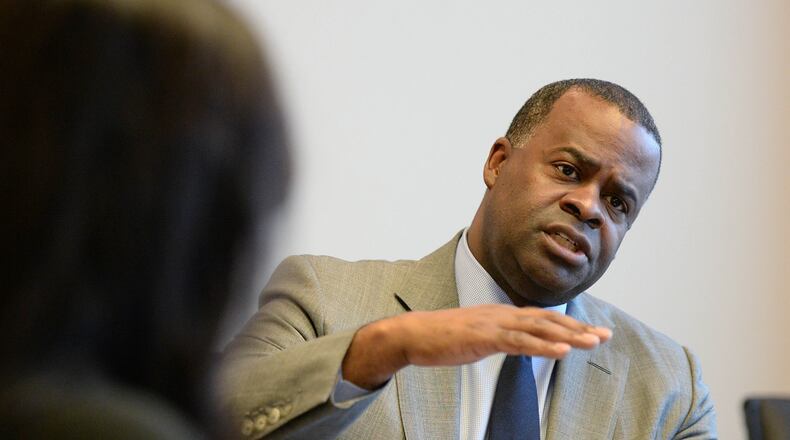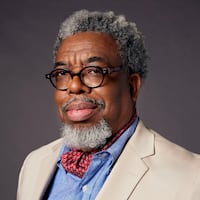As law enforcement agencies across the country are figuring out the right formula to serve diverse and sensitive communities, Atlanta is partnering with General Electric in a $1 million program to train police officers in leadership and culture changes.
The move comes after widespread protesting across Atlanta following the July shooting deaths of two black men by police in Louisiana and Minnesota. And after Atlanta Mayor Kasim Reed recently committed to spend nearly $2 million on enhanced police vests and helmets and another $5.6 million on body cameras for every officer in the department.
GE will invest its million dollars in resources and expertise to develop enhanced public safety strategies targeted toward leadership development and culture training throughout the Atlanta Police Department, which activists say they want.
Police officers will also travel to GE’s campus in Crotonville, N.Y. to study and train.
Reed said while the foundation of the program is in place, the city and GE still has work to do to develop specific programming. However, things will get moving as early as Monday.
“We are at a really special moment. I do believe that improved training goes at the heart of what we want to do,” Reed said. “Our officers need enhanced training and capabilities to build community trust and improve as a police force. GE is one of the world’s leading companies, and when I asked for support, they responded without hesitation.”
It seemed like a two way street.
Following the deaths of Alton Sterling and Philando Castile, coupled with the killings of eight police officers in Dallas and Baton Rouge in response, Atlanta found itself in the middle of a storm.
Groups of activists, representing Black Lives Matter, marched on Atlanta for at least five days this summer, culminating with a meeting between Reed and the protestors in front of the governor's mansion.
Reed called a meeting with the protestors the following week and was presented with a list of 25 demands. Although he rejected most of them, Reed answered each of the demands about two week later.
All of it caught the attention of Russell Stokes the president and CEO of GE Energy Connections, who just moved to Atlanta.
“Russell saw the way the Atlanta Police Department handled the civic unrest and wanted to have a conversation about helping provide training,” Reed said. “They wanted to be helpful.”
Atlanta would be the first municipal police department to partner with GE, although the company is not unfamiliar with the process.
Following the attacks on Sept. 11, where the leadership of the New York City Fire Department was decimated, Russell said GE began working with them “to build the next generation of firefighters.”
“Given some of the recent events that have been taking place, we felt this was an opportunity to step forward and find a solution to some of the problems we saw,” Stokes said. “We spent some time with (APD) to understand some of the things already taking place. We saw a real opportunity, given our legacy of training, to be able to take some of those tools to be able to help bring forth what they are already doing.”
Reed said as part of the package, GE will help the city and the police department evaluate how money is spent on training while also diving deeply into how Atlanta recruits and retains officers. Reed said Friday that, while it takes about $100,000 to train an officer, the city “doesn’t have the resources to investigate,” exactly why officers leave, which is something the GE partnership will address.
“(The APD) knows how to train people to be great police officers,” Stokes said. “But there are definitely things around leadership, cultural training that are part of the GE training tool kit. We are really just taking things we do inside GE and helping enhance what they already have.”
The police department, which of one of 15 police agencies across the country participating in President Barack Obama’s Task Force on 21st Century Policing is already in the process of implementing its “Blueprint for Public Safety,” a policing plan based on White House recommendations.
Atlanta Police Chief George Turner, said the department had already had in place many of the 59 recommendations, but added that among the things he has beefed up has been crisis intervention training. Turner said that at least 25 percent of the people encountered on police calls are suffering from some form of mental illness.
“We are already committed to developing best-in-class policing methods in order to build trust and nurture relationships with the citizens of Atlanta,” said Turner. “We have to sustain and maintain what we already do. But I am confident that this partnership will be a vital component to APD’s overall policing strategy.”
About the Author
Keep Reading
The Latest
Featured




